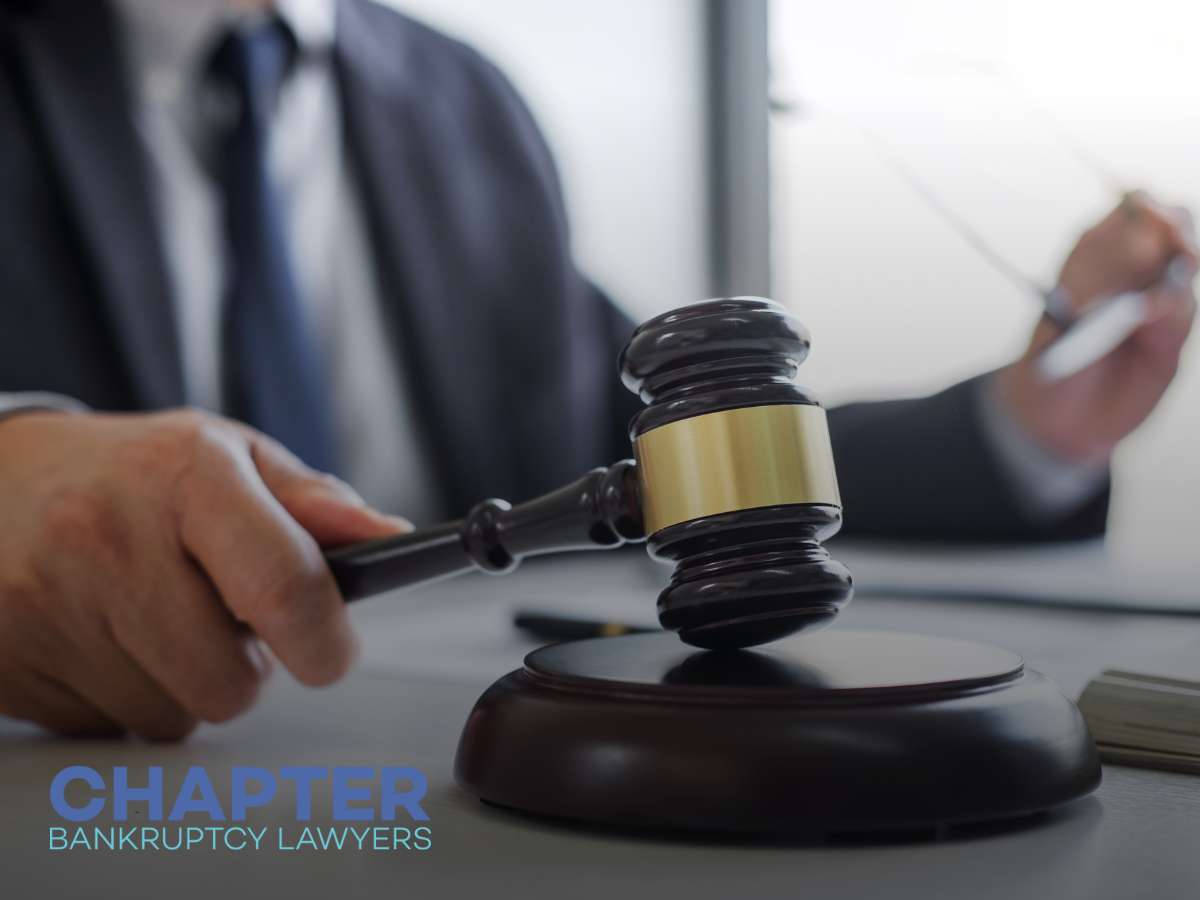Consider bankruptcy when your debts become overwhelming and other solutions, like debt consolidation or negotiating with creditors, don’t work. If you’re struggling to make monthly payments, facing wage garnishments, constant creditor calls, or at risk of losing your home, bankruptcy may provide relief. It may also be a viable option if debt-related stress is affecting your well-being or your ability to manage day-to-day expenses. Before deciding, it’s crucial to consult with a bankruptcy attorney who can evaluate your financial situation and help you determine if filing for bankruptcy is the right path for you.

How Do I Decide Which Chapter To File?
To decide between Chapter 7 and Chapter 13, assess your financial situation and your goals. Chapter 7 works well if you have limited disposable income and want a faster resolution since it allows you to discharge most unsecured debts quickly. However, if you have significant assets like a home and want to protect them, Chapter 13 may be better, as it involves a repayment plan. Eligibility for each chapter depends on your income, assets, and debt type, so consult a bankruptcy attorney to choose the best option for your needs.
Will Bankruptcy Eliminate All My Debts?
Bankruptcy can wipe out many unsecured debts like credit card bills, personal loans, and medical debt. However, some debts, such as student loans, child support, alimony, certain taxes, and debts from fraud or criminal actions, remain intact after bankruptcy. If you file Chapter 13, you may need to repay part of these through your repayment plan. It’s essential to meet with a bankruptcy attorney to understand which debts can be discharged and which must still be addressed after the bankruptcy process.
Can I Keep My Home & Car If I File For Bankruptcy?
When filing for bankruptcy, you can keep your home and car, but it depends on your specific case and which chapter you file. If you choose Chapter 13, you’ll likely keep these assets as long as you stick to your repayment plan. With Chapter 7, you can still protect your home and car by using state exemptions, which allow you to keep certain assets up to a specific value. If your equity in these items exceeds the exemption limits, the court may require you to sell them to pay creditors.
How Long Does The Bankruptcy Process Take?
The time it takes to complete bankruptcy varies based on the chapter you file. If you go with Chapter 7, the process usually lasts about 3-6 months from start to finish. After filing, the court reviews your case, and your eligible debts are discharged. With Chapter 13, the process can take 3-5 years since it involves setting up and following a court-approved repayment plan. Once you complete your payments, any remaining eligible debts get discharged. The duration depends on your repayment plan and financial situation, so make sure to discuss the timeline with your lawyer.
Do I Need A Lawyer To File For Bankruptcy?
Although the law doesn’t require you to hire a lawyer for bankruptcy, doing so is highly recommended. An Arizona bankruptcy lawyer can guide you through the legal process, making sure you file all documents correctly, meet deadlines, and maximize the protection of your assets. They can also help you decide whether Chapter 7 or Chapter 13 is right for you and deal with your creditors on your behalf. Without a lawyer, you risk mistakes that could delay your case, lead to rejection, or jeopardize your assets.
CONTACT OUR ARIZONA BANKRUPTCY LAWYERS
4500 S Lakeshore Drive Suite 300
Tempe, AZ 85282
3707 E Southern Ave
UNIT 1108, Mesa, AZ 85206

